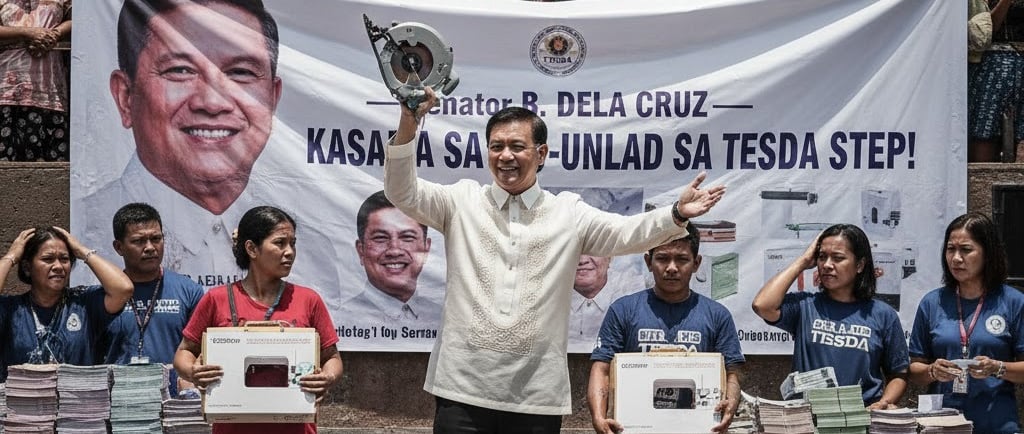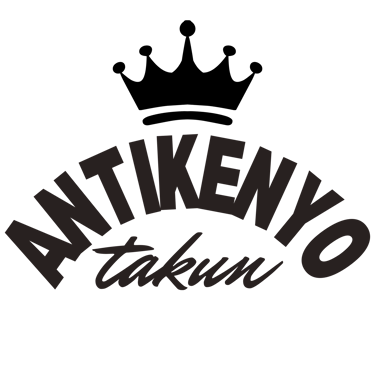TESDA's Lifeline Program Hijacked by Politicians for Electioneering
Why Politicians Must be Barred from TESDA's Scholarship Payouts
THE EDITORIAL CHEESE
Patrick Petinglay Villavert
11/11/20253 min read


In the stark landscape of poverty and joblessness, the Special Training for Employment Program (STEP), championed by the Technical Education and Skills Development Authority (TESDA), stands as a beacon—a defiant promise of livelihood forged in the heat of vocational training. It is a lifeline extended to the marginalized, a golden voucher of hope that equips the forgotten with the very tools needed to build their own destiny.
STEP is not merely a scholarship; it is a rapid-response, community-based intervention designed to address the specific, localized needs of the barangays. Its core mission is clear: to lift the indigent from destitution by imparting short-term, entrepreneurial skills—be it carpentry, electronics repair, or culinary arts—that lead directly to self-employment. The program aims to turn idle hands into productive artisans and micro-entrepreneurs.
Who is Called to the Forge? (Eligibility and Application)
The call to this program is directed primarily at those who dwell in the shadows of society. Eligibility criteria ensure the program reaches the true grassroots:
Age Requirement: Generally, applicants must be at least fifteen (15) years old at the start of training.
Target Sector: Preference is fiercely given to beneficiaries belonging to indigent families, individuals from the Informal Sector, and those identified through the National Household Targeting System for Poverty Reduction. This is the government’s solemn attempt to serve the underserved.
Application Process: The process is meant to be direct, bypassing bureaucratic labyrinths. Aspiring scholars must personally visit the nearest TESDA Provincial or District Office or the accredited Technical-Vocational Institution (TVI) implementing the program. They must then undergo the formal screening and enrollment process, a technical procedure where only need and determination should be the deciding factors.
The Currency of Hope: Stipends and the Sacred Toolkits
Upon acceptance, the transformation begins. The beneficiaries receive a precious endowment, free from the burden of cost, entirely funded by the Filipino people:
Free Training and Competency Assessment: The financial barrier to education is shattered.
Daily Training Allowance: For every day spent learning the craft, the scholar receives a training allowance, historically fixed at 1$\text{PHP60.00}$ per day.2 This modest amount is a sacred subsidy, helping sustain the indigent family while its member strives to learn.
The Starter Toolkit: This is the program’s crown jewel. Upon successful completion of the training and passing the assessment, the scholar is given a complete, high-quality starter toolkit—the actual implements of their new trade. This toolkit is the ultimate anti-poverty instrument, representing immediate capital and the means to launch a self-sustaining micro-enterprise. It is a symbol of hard-won competence and economic liberation.
The Unholy Spectacle: Politicizing the Distribution Event
This moment of graduation and the distribution of the starter toolkits—the point where promise meets reality—is where the integrity of the program is often tragically compromised.
These payout and distribution events should be purely administrative and solemn ceremonies of achievement, managed by the impartial technical staff of TESDA. Yet, too frequently, the proceedings are hijacked and transformed into elaborate, gaudy political rallies.
The Blight of Patronage
The presence of an elected politician—a Senator, a Congressman, a Governor, or a Mayor—presiding over the distribution is not merely a photo opportunity; it is an unacceptable act of political appropriation. It is a calculated spectacle that aims to:
Steal the Credit: The politician stands before the jubilant, cash-in-hand beneficiaries, casting the illusion that the $\text{PHP60.00}$ daily allowance and the invaluable toolkit are personal gifts from their political coffers, rather than a non-negotiable right funded by the national treasury.
Turn Entitlement into Indebtedness: By delivering the assistance in a highly partisan, publicized venue—often complete with oversized tarpaulins bearing their grinning faces—the politician subtly seeks to replace the beneficiaries’ sense of earned achievement with a feeling of political indebtedness. The scholar is made to feel beholden to the individual, not the state.
Sully Public Service: The STEP program is an instrument of governance, a tool for social equity. By inserting partisan politics into the final act of empowerment, the program's image is irrevocably stained. It degrades a critical public service initiative into a mere vehicle for electioneering, cheapening the hard work of the TESDA personnel and the desperate efforts of the indigent scholar.
The tools of trade distributed at these events are meant to build homes and futures, not political careers. The TESDA STEP program demands a fierce commitment to political neutrality to ensure that the light of hope it offers is never mistaken for the flickering candle of a politician’s temporary goodwill. The moment the program becomes about the politician, it ceases to be about the poor.
